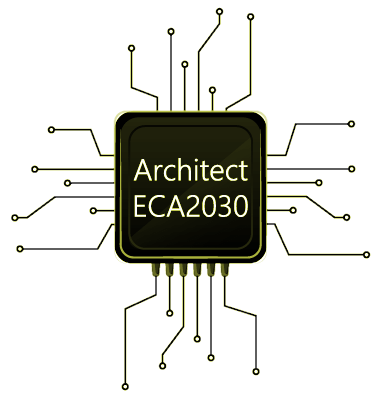In-vehicle health monitoring (ArchitectECA2030)
The EU project ArchitectECA2030 will implement a unique in-vehicle monitoring device able to measure the health status and degradation of the functional electronics empowering model-based safety prediction, fault diagnosis, and anomaly detection. A validation framework comprised of harmonized methods and tools able to handle quantification of residual risks using data different sources (e.g. monitoring devices, sensor/actuators, fleet observations) is provided to ultimately design safe, secure, and reliable ECA vehicles with a well-defined, quantified, and acceptable residual risk across all ECS levels. The proposed methods include automatic built-in safety measures in the electronic circuit design, accelerated testing, residual risk quantification, virtual validation, and multi-physical and stochastic simulations.
The aim is to develop an, experimentally validated, digital twin to monitor package related fails. Based on large sets of ageing data, a dataset containing the relevant product specifications will be created and processed using a statistical approach. Data-driven methods combining state-of-the-art data analytical methods from AI, and statistical degradation models will be used. Finally, validated digital twin driven prognostics of lifetime for the use case, application of data analysis and modelling techniques to application level digital twin can provide a virtual space of the system to predict the behavior of real entity.

Project data
| Researchers: | GuoQi Zhang, Adwait Inamdar |
|---|---|
| Starting date: | June 2020 |
| Closing date: | May 2023 |
| Sponsor: | ECSEL-JU |
| Contact: | Willem van Driel |